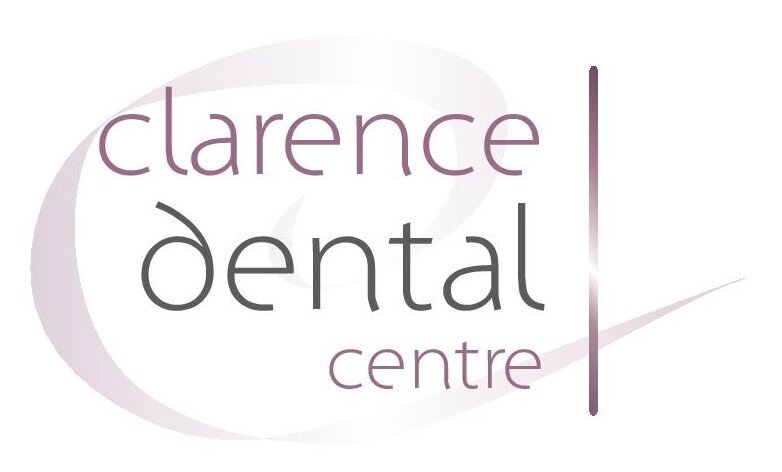Dental Trauma
It’s a situation we never want to find ourselves in – a tooth has broken or fallen out completely due to a traumatic incident – be it a fall (children around swimming pools are notorious for this!), a collision when playing sports or even a punch to the mouth. In the unfortunate event that you find yourself or someone near you in this predicament, it is important to know what first steps to take to ensure the best possible outcome.
First and foremost - Ensure your safety and that of those around you. It is easy to forget this step in an emergency situation!
If the tooth has been knocked out, is loose or displaced
Here’s some fantastic advice from the Australian Dental Association on exactly what to do in this situation, depending on if it is an adult or baby tooth that has been knocked out.
If a tooth is broken
Call your dentist and advise them that you’ve had trauma to your face and broken a tooth. They will advise you on your next steps and arrange an appointment for you, if appropriate. If you can locate the broken piece of tooth, bring it with you to the dentist, as this can sometimes be used in reconstructing the tooth.
If a tooth has gone through a lip or the tongue
If the trauma is significant enough to induce ongoing bleeding, head to your closest emergency department for treatment and for assessment of any possible head or neck injury or concussion.
If there has been a head knock and/or suspicion of a broken jaw
Head to your closest emergency department in this instance, as you may also be suffering from a concussion and should be thoroughly checked by a medical professional. An ambulance should be called if a head knock is involved.
As always, prevention is better than a cure! When playing sports – even (and especially) during training, wear a custom made mouth guard. One made by your dentist is the best option, as it will provide maximum protection to your teeth, and importantly, to the roots of the teeth where trauma often results in fractured tooth roots and ultimately tooth loss. Custom made mouth guards are also more comfortable and therefore more likely to be worn (and stay in!).


